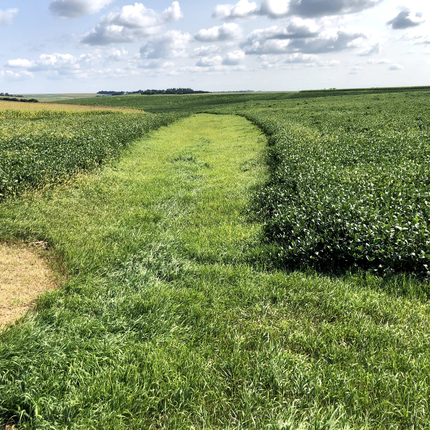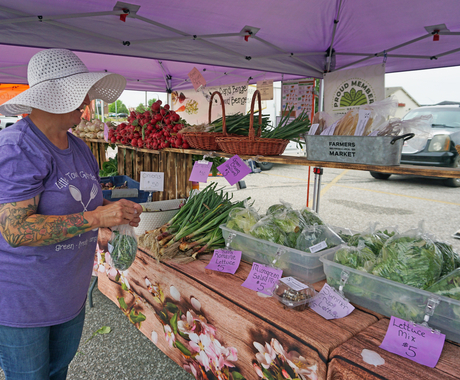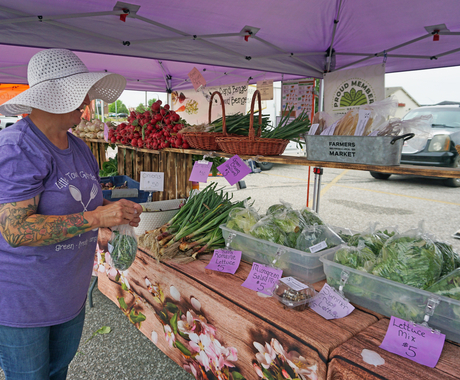Teresa Hoffman, policy communications associate, teresah@cfra.org, 402.687.2100 ext. 1012; or Rhea Landholm, brand marketing and communications manager, rheal@cfra.org, 402.687.2100 ext. 1025
NEVADA, IA – For Iowa farmers interested in enrolling in the Conservation Stewardship Program (CSP) or the Environmental Quality Incentives Program (EQIP), the deadline to submit initial paperwork has been set for Oct 1.
“These programs are great opportunities for farmers looking to incorporate conservation in their operations,” said Kate Hansen, policy associate for the Center for Rural Affairs.
Administered by the U.S. Department of Agriculture’s Natural Resources Conservation Service (NRCS), CSP and EQIP provide financial and technical assistance for producers to address natural resource concerns with conservation practices, and simultaneously maintain agricultural production on their land.
CSP is designed to enhance existing conservation efforts operation-wide. To be eligible, producers must demonstrate their current conservation efforts, address resource concerns for their region, and be willing to implement additional practices. Available practices include cover crops, rotational grazing, and conservation crop rotation.
EQIP is designed to help producers implement conservation that focuses on a particular resource concern, such as erosion or water quality, with a single practice or project. Many practices available in EQIP are also available in CSP, though the program is unique in offering a number of structural practices to choose from as well.
“Conservation is for everyone, whether you’re relatively new to farming or have been in the business for years, and these programs are a smart way to invest in sound environmental practices with financial support,” Hansen said.
In 2020, more than 1,200 contracts advanced conservation across Iowa, with 980 EQIP and 228 CSP contracts statewide.
When applying for either program, farmers develop a plan with their local NRCS staff. Farmers interested in applying should call their local NRCS office to set up an appointment.
Feature photo by Kalee Olson




